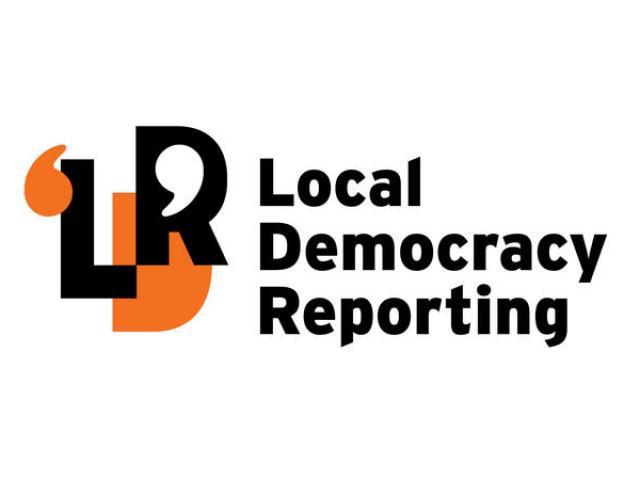
Wastebusters is relieved to see its first three containers of farm plastics hit the road after being forced to stockpile them for four years.
Owner Brent McLaren has partnered with farm plastics recycler Plasback to solve the daunting problem of clearing his massive stockpile of waste plastic.
“We are finally exporting what we have collected in the last four years,” McLaren said.
Wastebusters had collected a range of farm plastics as well as other recyclables and waste from farms throughout Mid Canterbury, but global recycling changes in 2018 caused by China shutting its borders to waste plastic, meant it began to pile up at their yard.
The McLarens took over Wastebusters in 2018 and inherited the problem.
“We were promised there was going to be an alternative but it never eventuated.”
They kept collecting farm plastics but have been unable to export them.
Until now.
Plasback commercial manager Neal Shaw learned of the problem and approached McLaren to see if together they could come up with a solution.
Wastebusters is providing the plastic at no cost to Plasback, and in turn, Plasback is covering the cost of processing it and shipping it overseas to resume addressing the significant waste issue that could impact the local environment.
“We have gotten rid of 580 tonnes so far and working on another 900 tonnes to be gone by Christmas,” McLaren said.
He said its a great relief to all concerned that the stockpile is finally being cleared.

Wastebusters is now Plasback’s collection contractor for Mid Canterbury so is the collection point for all silage wrap, silage covers, twine, and other waste plastic from farms using Plasback’s bin and liner system.
There are around 5000 tonnes of farm plastics sold each year in the district McLaren said, and currently around 1500 tonnes end up at Wastebusters.
As farmers continue to work on improving their environmental footprints, McLaren believes that figure will grow.
“Hopefully it’s a growth industry.”
The price of recycled plastic has improved in the fallout of the war in Ukraine.
“Because of what is happening with the oil prices they don’t make virgin plastic, so recycling the old plastic is cheaper. So the price has gone up and the demand is greater.”
While Wastebusters has had good news on the farm plastics front, there is a major problem with its green waste collection.
Wastebusters received an abatement notice for its green waste operations from Environment Canterbury in August as it is operating outside of the permitted activity rules of the Land and Water Regional Plan (LWRP).

Wastebusters need, but do not have, resource consent to stockpile green waste, so under the abatement notice has had to cease receiving and stockpiling it.
The breaches of the LWRP relate to the stockpiling of decaying organic matter needing to be 50m off every boundary, and that no more than 20cm3 be stored in one place.
ECan director of operations, Katherine Harbrow, said an application for consent lodged in February was returned to Wastebusters as it did not include the required information about the proposed green waste operation and its effect on the environment which are requirements under the Resource Management Act.
“ECan has been in contact with Wastebusters many times over the years to provide advice and expertise on how to legally conduct its green waste and compost operation.
“Ultimately, an abatement notice needed to be issued.”
McLaren is now in the process of clearing the green waste to meet the requirements of the abatement notice.
- By Jonathan Leask
Local Democracy Reporter
Public Interest Journalism funded through NZ On Air














